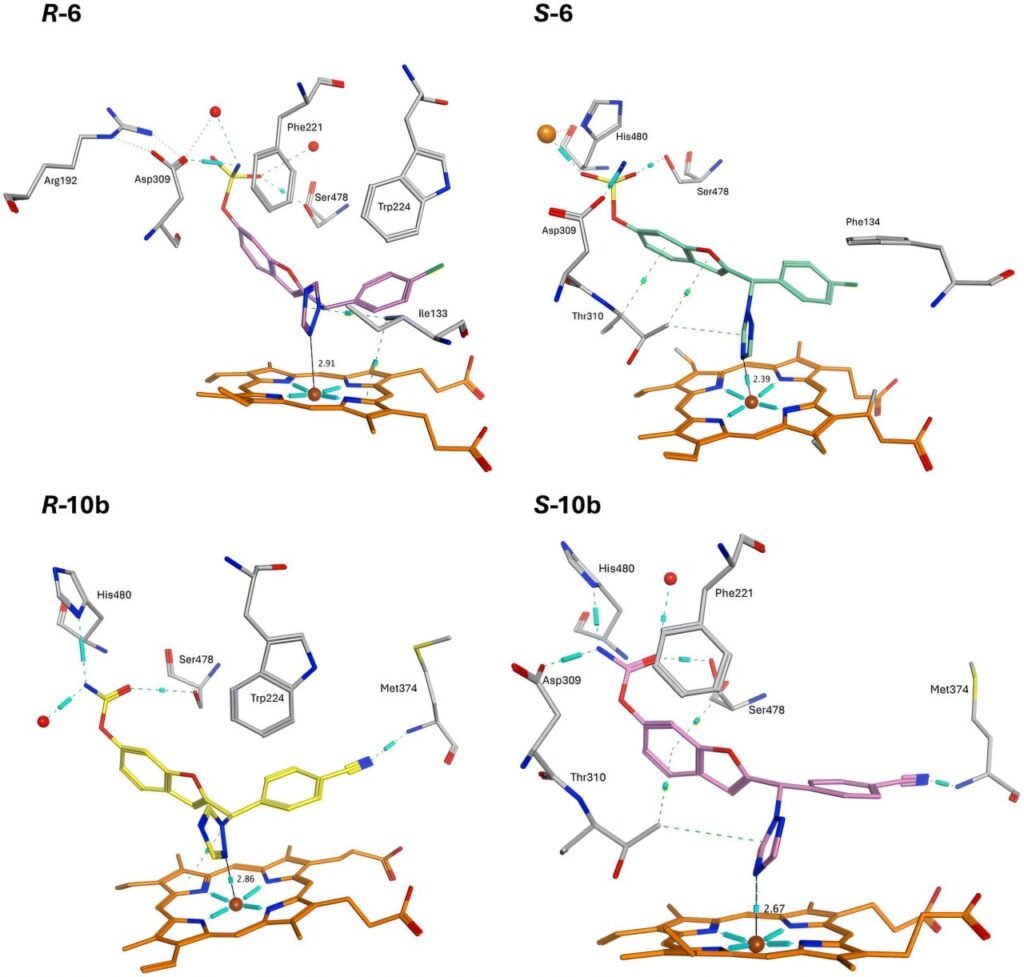Breast cancer is a prevalent form of cancer that affects thousands of women worldwide. One common type of breast cancer, known as estrogen receptor-positive (ER+) breast cancer, accounts for approximately 70% of all cases. Unfortunately, this type of cancer can often become resistant to standard hormone therapies, posing a significant challenge for patients and healthcare providers.
In a groundbreaking study published in the journal RSC Medicinal Chemistry, researchers have identified a potential new treatment approach for ER+ breast cancer. By targeting two critical enzymes involved in estrogen production—aromatase and steroid sulfatase—simultaneously, they have developed a novel class of compounds called dual aromatase-steroid sulfatase inhibitors (DASIs).
The research team, led by Dr. Paul Foster from the University of Birmingham, discovered that certain benzofuran-based molecules could effectively inhibit both enzymes, leading to a more comprehensive reduction in estrogen levels within cancer cells. This dual inhibition strategy may offer a promising alternative for patients whose cancer has become resistant to traditional hormone therapies.
One key finding of the study was the importance of small chemical modifications in enhancing the biological activity of the compounds. By making simple adjustments, such as adding a methyl group, the researchers were able to achieve dual enzyme inhibition, a critical step towards developing more effective treatments for ER+ breast cancer.
Moving forward, Dr. Claire Simons from the University of Cardiff and Dr. Paul Foster are optimistic about the potential of these compounds to revolutionize breast cancer treatment. Further preclinical and clinical studies are needed to explore their efficacy in overcoming treatment resistance and improving patient outcomes.
The findings of this study hold significant promise for the future of breast cancer therapy. By targeting multiple enzymes involved in estrogen production, these new compounds have the potential to address a critical unmet need in the treatment of hormone-resistant breast cancer. As researchers continue to refine and develop these dual inhibitors, there is hope for a new class of therapies that could improve the lives of patients facing this challenging disease.


